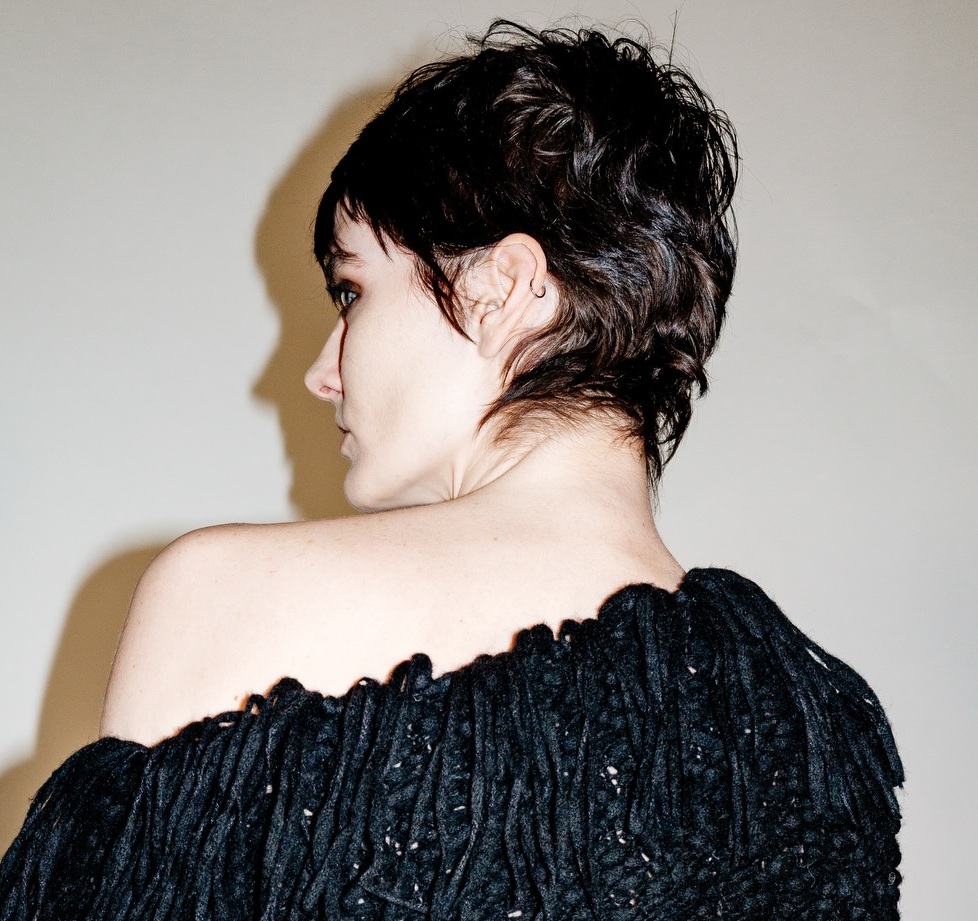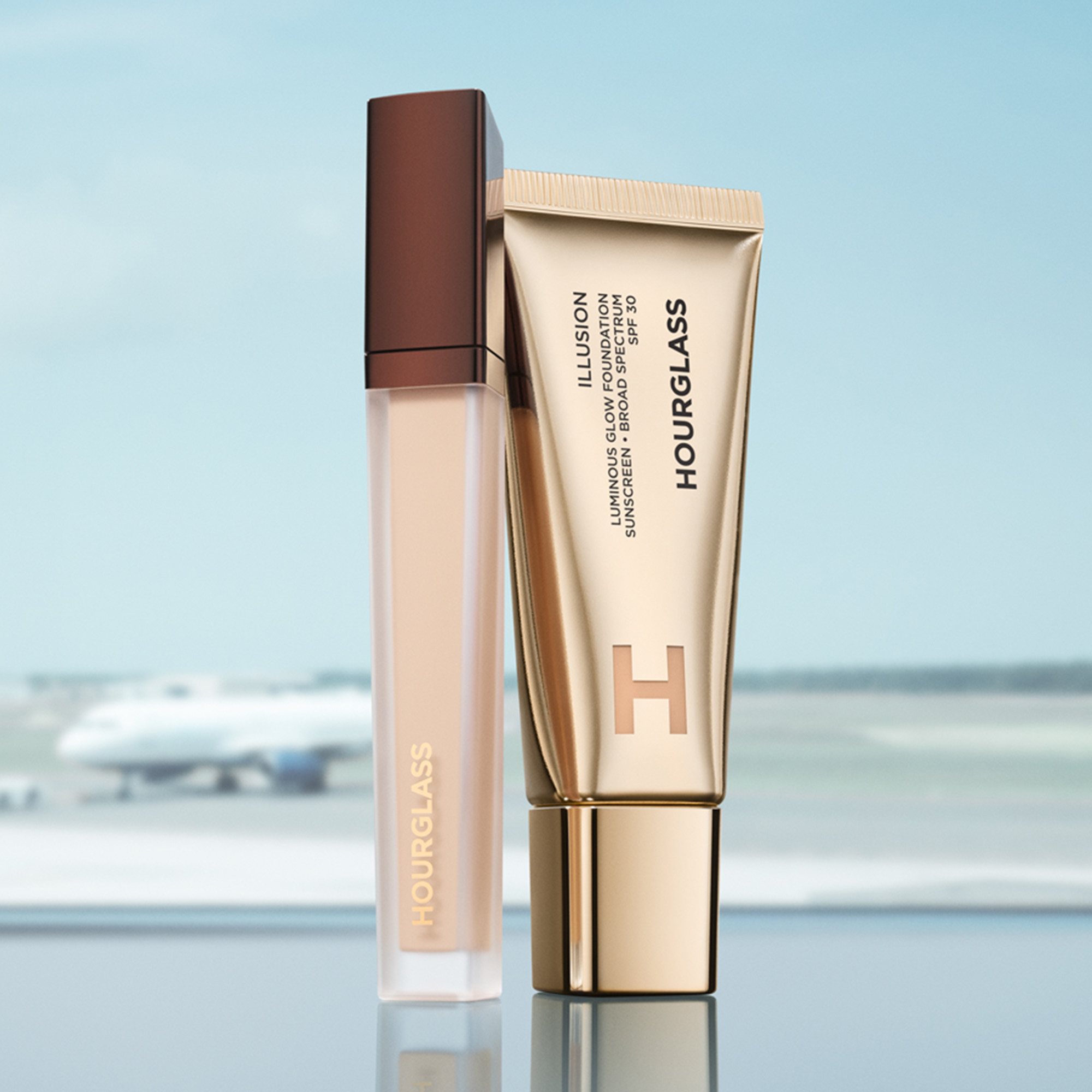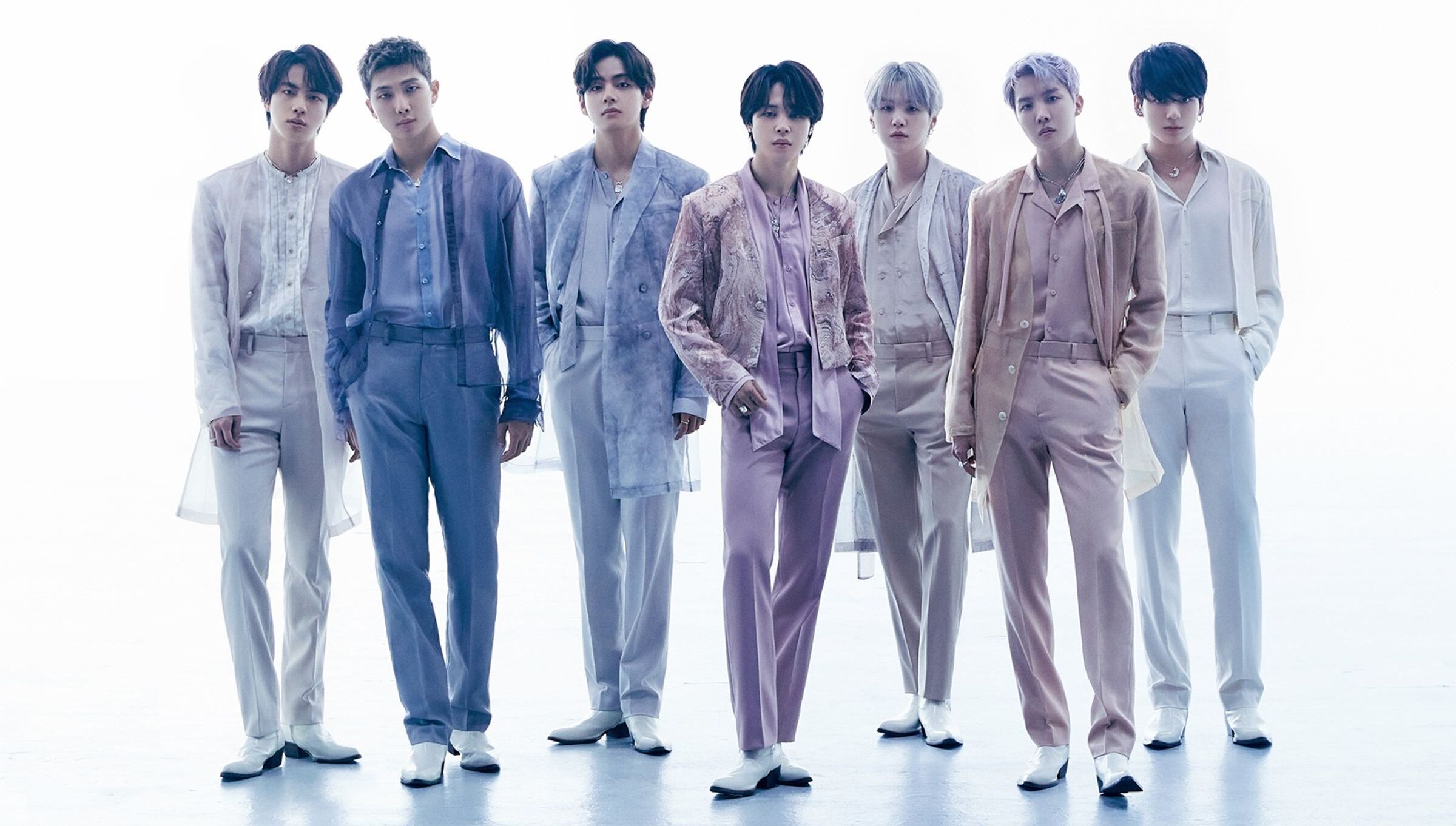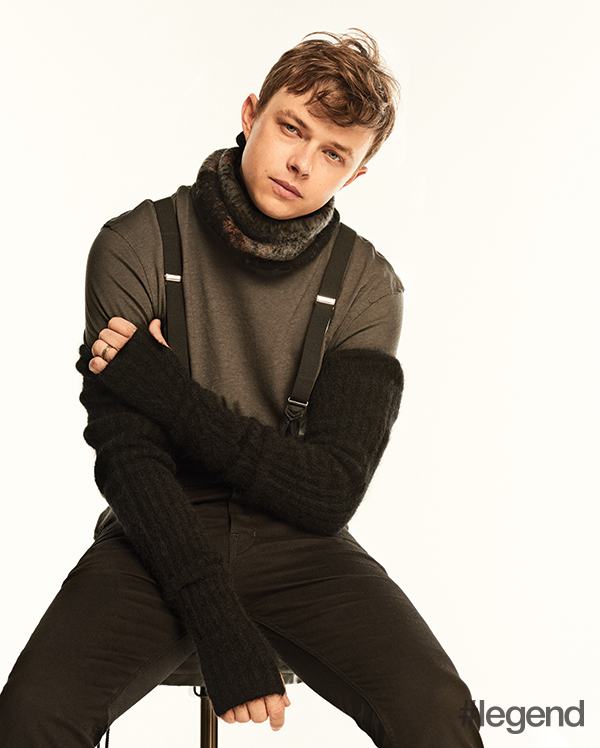
An acting nerd is how Dane DeHaan describes himself. The native of Pennsylvania was into theatre at high school and went on to study acting at the University of North Carolina, as well as singing and dancing. He then performed in various stage plays and independent movies, including a film produced by Metallica. It wasn’t a typical introduction for roles as a leading man. In between, DeHaan has become a fashion icon, mixing daring combinations with classic styles, and often makes the best-dressed lists in men’s magazines. After this year’s turn as the protagonist in A Cure for Wellness, DeHaan has starred in a science-fiction epic Valerian and the City of a Thousand Planets, directed by Luc Besson, and Tulip Fever, a drama set in the 17th century. He chatted about both movies with #legend.
Congratulations on Valerian. Were you familiar with The Fifth Element, also directed by Luc Besson, before signing up?
Thanks, man. I grew up watching The Fifth Element. I think I probably had it on VHS and DVD. I still feel like it’s one of the most watchable movies of all time. It’s just so much fun.
Did you read the French comic book the movie is based on? You’re a different kind of Valerian compared to the comic book character, who is more like James Bond. How did you go about creating your character?
I love the comics. First of all, I really love the artwork. I love the Seventies vibe. If you can get your hands on the originals, the art is just incredibly beautiful. I think it was important for me to honour the character the best I could, but also to honour Luc’s script. These are characters that Luc put a lot of thought into. One thing I picked up from the comics is the amount of luck that’s involved in Valerian’s success. His superpower is almost his blind ambition.
To me, he didn’t read like a James Bond in terms of capabilities. He read as someone who thinks he’s James Bond; he’s capable but he’s also really lucky. That was something I tried to honour and something I think sets him apart from other action heroes. I remember there’s one comic where he goes back to gladiator times and competes against five Alpha warriors in some kind of ancient games and wins only because a lot of lucky things happen to him – not because he’s the strongest guy in the room or the more capable guy, but because luck is on his side and because he has Laureline by his side.
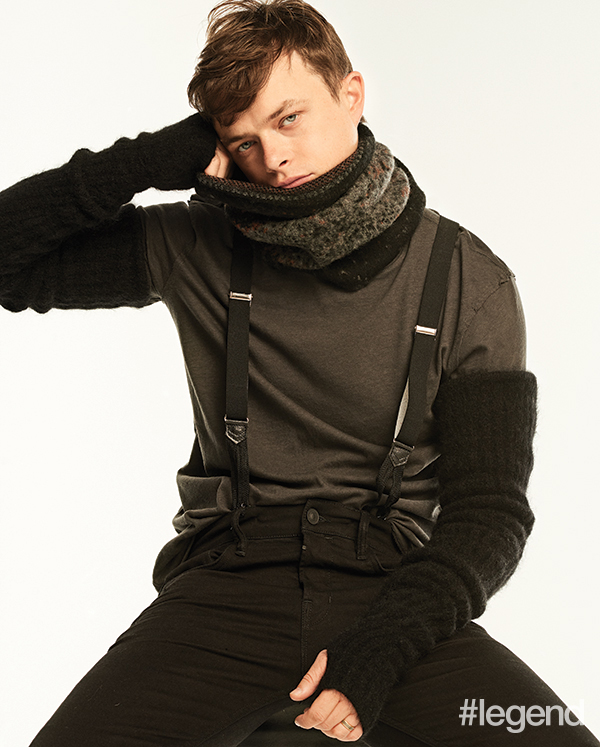
How would you define Besson’s take on sci-fi against Star Wars or Star Trek?
I think he brings an eccentric quality to it. If you see a frame of The Fifth Element and a frame of Valerian, you know you’re watching a Luc Besson sci-fi movie. It’s more colourful than other sci-fi films. He doesn’t shy away from the eccentricity of it all, from bringing his own voice to it. He doesn’t try to make a product for mass consumption that he’s absolutely sure will be widely accepted. He’s trying to bring his vision to life. What’s rare about his vision is that it’s all his. There’s no American movie studio behind it, so he gets to do what he wants to do. What ends up happening is this incredibly bright and colourful, original sci-fi movie.
I knew about the comic but was surprised when I heard they were making a movie. Besson had wanted to do it for a while.
Yup, his whole life. When I first met him, he told me that when he was young he lived in the French countryside, getting the comics weekly. That’s what set his imagination on fire and gave him the passion to want to make the film. He wanted to make it his entire life. He just needed to wait for the technology to catch up with his imagination.
Did having a Dutch family name increase your curiosity about the role in Tulip Fever?
I thought about it but it had nothing to do with why I took on the part. I got to work on a script by Tom Stoppard, work with someone like Judy Dench – people I just couldn’t believe I was on set with. Growing up watching stuff like Shakespeare in Love and going to theatre school, working with Tom Stoppard was a huge treat.
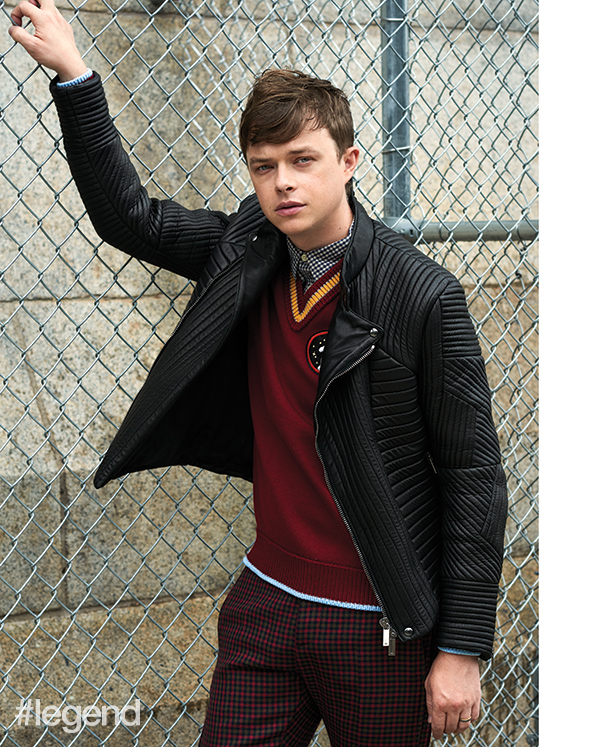
You’ve done campaigns for Prada and worked with Hedi Slimane. You’ve got fashion cred. Is fashion important to you?
The pallet of clothes I get to play with has become pretty mind-blowing. I really enjoy working with my stylist as I’m going on these press tours and seeing all these amazing clothes. It’s important to me. It’s the way I like to express myself, with the way I dress. I still also like to go shopping, whether it’s for myself, my wife or my daughter. The relationships I’ve had with fashion, and with Prada specifically, have been an amazing support in my career. I’ve done four or five campaigns with them now and, in a way, Miuccia Prada has been one of the greatest supporters of my career and has really allowed me to be more patient in choosing projects. It’s been really amazing combining these two worlds – not just relying on one thing, but to do both. They are two worlds that, I think, go together kind of easily and they’re both important to me.
How do you define your style?
I don’t really know. It’s hard to describe my style. I try to stay current in terms of what’s available to wear but it’s also important to me to play with it, to develop my own kind of thing. It’s laid-back but it’s also kind of hip. It’s important to me to always look sharp and presentable. I want to look like I’m happy to be where I am and dress for the circumstances. It’s important to look sharp, and not just like I went to a store and bought a shirt and a tie and that’s it. I put a lot of thought into it, and am eclectic. I like to make it stand out a little bit.
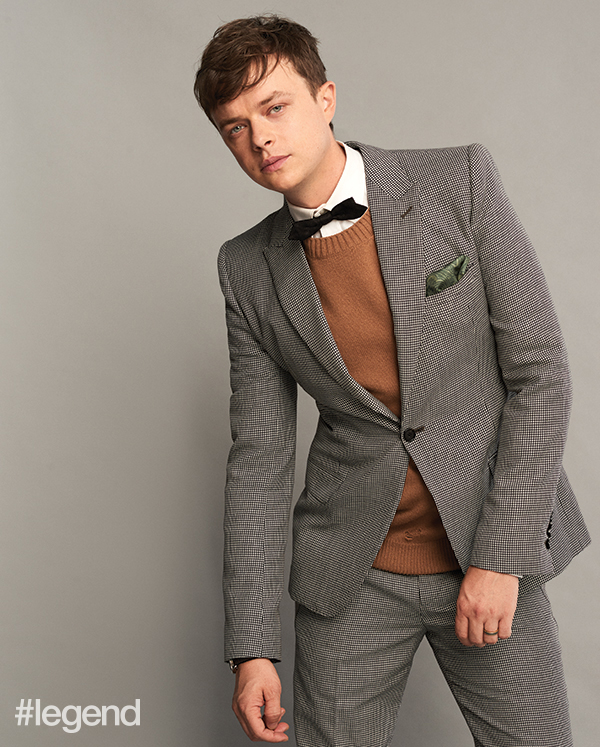
You’ve been on the cover of L’Uomo and other men’s fashion magazines. Are you a reader of fashion magazines? Do you aspire to be a fashion icon?
I read them but, honestly, I stay more current with fashion with things like Twitter. I follow a lot of the fashion publications on Twitter and Instagram, whether it’s Vogue, W or GQ. I like to keep up to date on it. In terms of ambition, it’s weird because I never really pursued fashion. It just happened. I really enjoy it and I hope it continues but I don’t have a modelling agent or anything. I’m not signed with an agency. I hope I continue to express myself with fashion and I hope people continue to respond to it. If they do, I’m happy to continue down that road.
You named your daughter Bowie, after the singer, I imagine. What’s your favourite David Bowie song?
We really liked the name. It’s not not after the singer – we liked the association to him – but we also like that it’s a strong, androgynous name. We obviously both like David Bowie a lot and also the name itself. He made this music video for the song Lazarus released a week after he died. It’s one of the most amazing things I’ve seen in my life. It really blew my mind. It was truly incredible.
Photography / Kevin Sinclair
Styling / Ise White
This article originally appeared in the September 2017 print issue of #legend magazine




